December 5, 2024 | 00:44 GMT +7
December 5, 2024 | 00:44 GMT +7
Hotline: 0913.378.918
December 5, 2024 | 00:44 GMT +7
Hotline: 0913.378.918
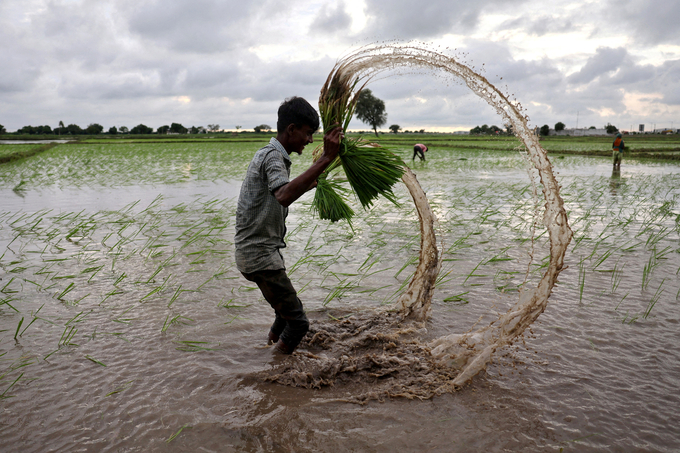
A farm labourer holds rice sapling as he prepares to plant them in a field on the outskirts of Ahmedabad, India. Photo: Amit Dave/Reuters.
It adds that demand for fresh water will outstrip supply by 40 percent by the end of the decade, as the world's water systems are being put under "unprecedented stress."
The findings by the Global Commission on the Economics of Water cite a combination of deforestation, urbanization and destruction of wetlands, accelerated by climate change, that has disrupted the global water cycle "for the first time in human history". The report concludes that unless action is taken by policymakers, economies and global security could be at risk, as well as human lives.
The report suggests various remedies for policymakers, but says reform is needed, stating "markets across our economies, from agriculture and mining to pharmaceuticals, energy and semiconductors, must be reshaped to achieve this."
Authors give the example of what they call "harmful subsidies", such as the $700B given annually to farmers which they say is "encouraging wasteful practices and the creation of wastewater by industry that is not recycled".
Instead the group puts forwards a five point mission statement based on conservation, creation of a "circular water" economy power by clean energy use and responsible AI. It says the effect of implementing the mission could be that no child dies from exposure to unsafe water by 2030.
The report named 'The Economics of Water, Valuing the Hydrological Cycle as a Common Good' claims governments globally have underestimated the extent of the threat. It states that while up to 100 liters of water is needed per day for a single person's basic health and hygiene, the additional requirements for food, clothing and other essentials is pushing that figure up to around 4,000 liters per person daily.
The Global Commission on the Economics of Water, a group made up of academics, international leaders and environmental experts, says that with close to three billion people already facing water scarcity and two billion lacking access to safe drinking water, the world faces a growing divide between countries that are water rich and those that are water poor.
The report differentiates between so-called "blue water" from lakes and rivers and "green water" derived from the moisture stored in soils and plants. But it claims both have equal value to the hydrological cycle that is being pushed out of balance by "climate change, shifts in land use and overconsumption".
It states the so-called "total water storage" (TWS) is declining in many areas, despite the increased use of agricultural irrigation schemes and rising flood risk. This is threatening "over half of global food production" with two in three people globally living in areas where TWS is diminishing, notably in parts of India, China and eastern Europe.
Professor Johan Rockström, co-chair of the commission and report author says "precipitation (rainfall), the source of all freshwater, can no longer be relied upon" to replenish water systems.
The report finds that many countries benefit from so-called "atmospheric river" systems, whereby rainfall is derived from healthy vegetation and well managed ecosystems in neighbouring countries.
"You can make the same case for Brazil supplying fresh water to Argentina. This interconnectedness just shows that we have to place fresh water in the global economy as a global common good," Rockström says.
The findings by the Global Commission on the Economics of Water warn of the knock on economic effect of water shortages, with diminishing supplies shaving 8 percent off the gross domestic product of countries around the world by 2050, with low-income countries losing up to 15 percent.
"The global water crisis is a tragedy but is also an opportunity to transform the economics of water," said Ngozi Okonjo-Iweala, director general of the World Trade Organization and a co-chair of the commission.
"Valuing water properly is essential, she added, "so as to recognize its scarcity and the many benefits it delivers.”
(CGTN)
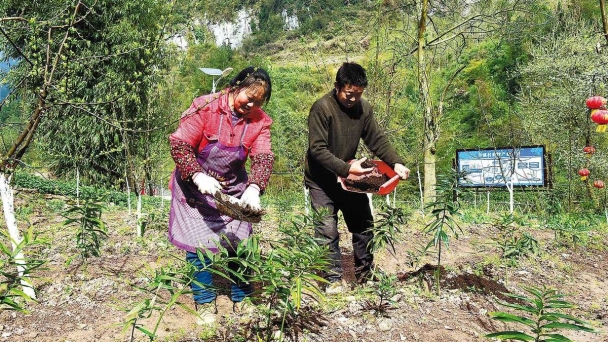
(VAN) In Shizhu Tujia autonomous county under Chongqing municipality, the 388,200-odd residents are mainly located in the Dalou range of the Wushan Mountains, with most of the range being medium and low hills.
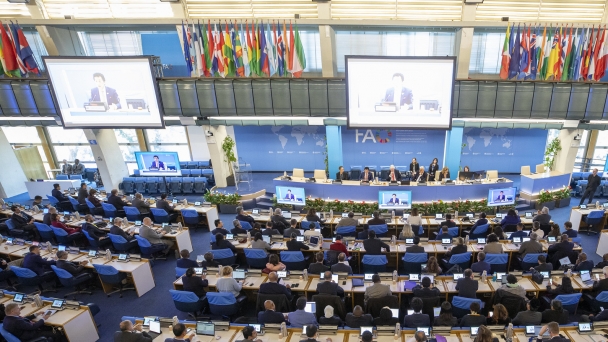
(VAN) The 176th Session of the FAO Council opened on Monday at the Organization’s headquarters in Rome.
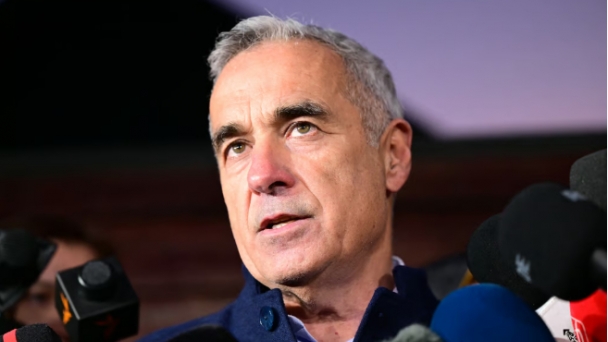
(VAN) Presidential frontrunner Călin Georgescu is trying to capture rural voters with often unorthodox and sometimes fascist tropes.

(VAN) Restoring degraded agricultural lands is crucial for transforming agrifood systems for the benefit of people and the planet.
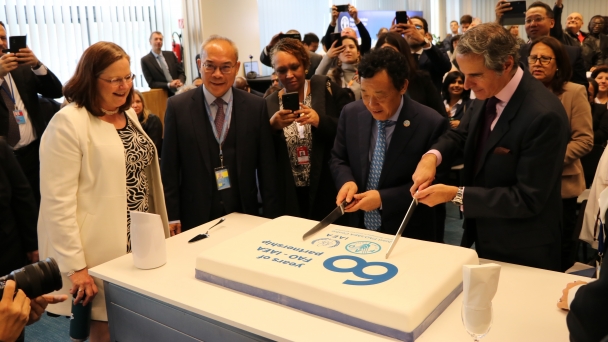
(VAN) FAO Director-General QU Dongyu addresses the IAEA Ministerial Conference in Vienna.
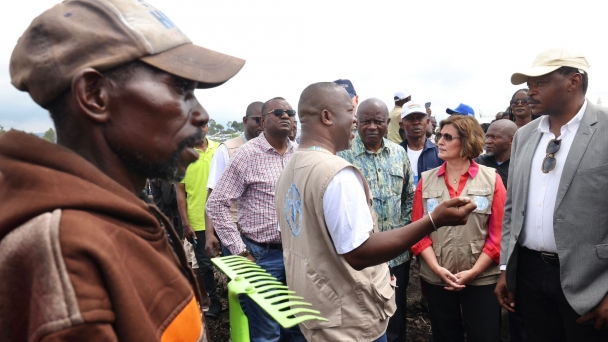
(VAN) FAO high-level delegation met people affected by conflict, as well as government officials, donor partners, and aid workers to scale up effective responses to persistently high levels of hunger.
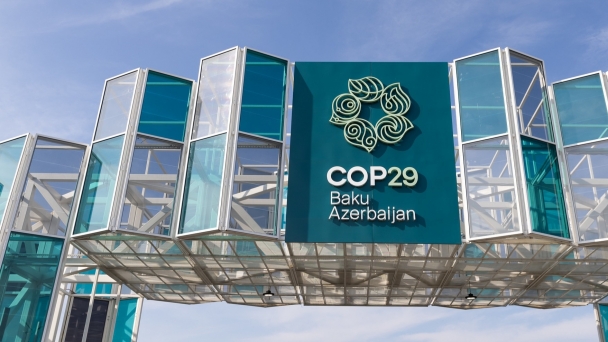
(VAN) At the global meeting in Azerbaijan, FAO raised agrifood solutions as key for addressing the climate crisis and supported the COP29 Presidency with important initiatives.